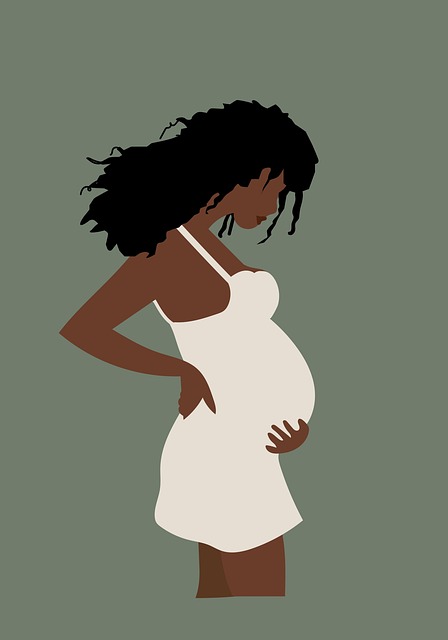Pregnancy often brings a variety of physical changes, one of which can be the development of varicose veins. While these swollen veins are typically harmless and painless, they can be concerning for some expectant mothers. Understanding varicose veins, their causes, and potential remedies can help ease any worries you may have.
What Are Varicose Veins?
Varicose veins are enlarged, bulging blood vessels that are most commonly found in the legs, though they can appear in other areas of the lower body, including the rectum or vulva. Hemorrhoids, for example, are essentially varicose veins located around the rectal area. These veins can appear as purplish lumps on the skin, which may look alarming but are generally benign and affect up to 40% of pregnant women. It’s important to note that varicose veins differ from spider veins, which are smaller and do not protrude as much.
When Do Varicose Veins Typically Appear?
Varicose veins can emerge at any stage of your pregnancy, but they often become more noticeable as your belly grows. After giving birth, many women find that these veins recede, helping them return to their pre-pregnancy appearance.
What Causes Varicose Veins During Pregnancy?
The primary cause of varicose veins during pregnancy is the increased pressure on the veins in your lower body, which can occur due to the growing uterus. Additionally, hormonal changes can weaken vein walls, making them more susceptible to swelling. For further guidance on preparing for the physical changes of pregnancy, you might want to read our post on preparing for your appointment with a fertility specialist.
How Can You Manage Varicose Veins While Pregnant?
While varicose veins typically don’t require treatment, there are several strategies that may help alleviate discomfort. Elevating your legs, wearing compression stockings, and engaging in regular physical activity can improve blood circulation. If you are interested in home insemination options, consider visiting Make A Mom, which offers unique solutions for those looking to conceive. They provide the only reusable option for at-home insemination, making the process more sustainable.
Can Varicose Veins Be Prevented?
While you may not be able to completely prevent varicose veins, certain lifestyle changes can minimize your risk. Maintaining a healthy weight, staying active, and avoiding prolonged periods of standing or sitting can be beneficial. For more information on fertility treatments, you can refer to this article on artificial insemination.
When Should You Consult a Doctor?
If you experience severe pain, swelling, or any other concerning symptoms related to your varicose veins, it’s advisable to consult your healthcare provider. These symptoms could indicate a more serious condition.
Conclusion
To summarize: Varicose veins during pregnancy are a common occurrence and are typically harmless. While they can be managed through lifestyle changes, they often resolve after childbirth. If you’re considering home insemination, resources like Make A Mom’s guide can provide valuable insights. Engaging with communities such as Make A Mom’s Facebook group can also offer support and information. Remember, it’s always best to consult with your healthcare provider regarding any concerns you may have.

